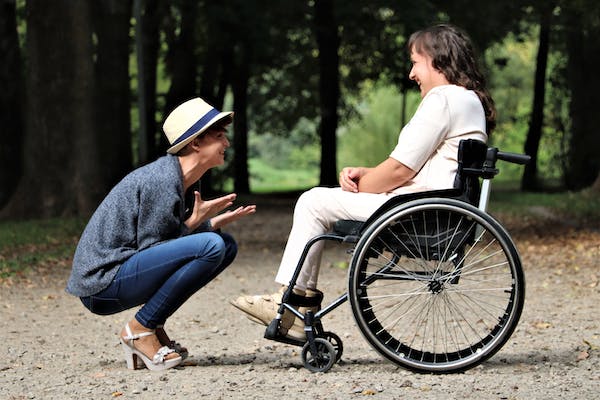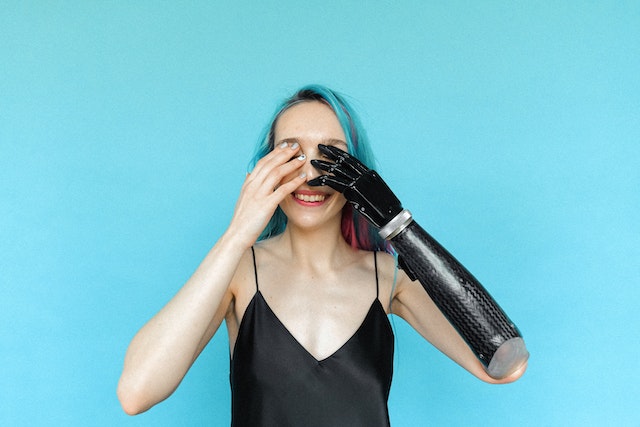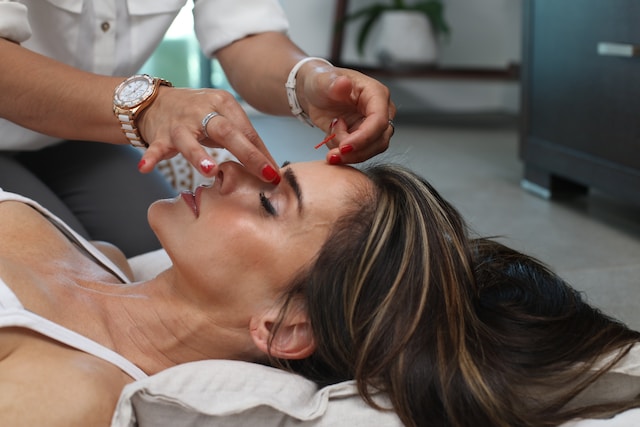

It can be rewarding and challenging to care for someone with a disability. If you’re a caregiver or a friend of someone with a disabilities, it takes patience and empathy to provide care and support. Here are some of the most crucial aspects to consider when caring for someone with a disabilities. You’ll also find practical advice, insights and tips to help you in this role.
Find out more about the disabilities that your loved ones have
It is important to first and foremost educate yourselves about the disability that your loved one or recipient of care has. Understanding the nature of a disability, including its symptoms, challenges and treatments is important. You will be able to better advocate for the needs of your patients if you are educated. To find reliable information, reach out to disability organizations, support groups or healthcare professionals.
Every Day, insist on open and honest communication
When caring for someone who has a disability, it is important to establish open and honest communication. Encourage your loved ones to communicate their wants, needs and concerns and actively listen. Respect their autonomy, and include them in the decision-making process regarding their care when possible. Communication that is open and honest will increase their trust, improve their dignity, as well as strengthen your relationship with them.
Create a soothing and supportive environment
It is important to create a supportive atmosphere for your loved one. Adapt your living space so that it meets their needs. Make sure the area is accessible, comfortable, and safe. Install grab bars, handrails or ramps where needed, and remove potential hazards. Arrange your furniture and possessions to encourage independence and ease of movement. Make their space feel familiar and comfortable by adding meaningful objects.

Do not forget to take care of yourself as well
You need to take care of yourself so that you can give the best care possible for your loved ones. Caring physically and emotionally for someone who has a disability is a demanding task. Ask for support from family members, friends or groups that can empathize and understand your situation. Self-care is important. Engage in hobbies you enjoy and seek respite care if needed.
Explore Support Services and Resources in Your Area
Find out what resources and services are available in your locality. Local government agencies, disability-specific organizations, non-profits, and local non-profits often offer valuable assistance. This includes respite care and counseling services. They may also provide financial aid and educational resources. Consider these options to help alleviate the challenges and ensure that your loved one is receiving comprehensive care.
You Need to Work on Your Routine
A routine will provide stability and structure for both you and your loved ones. Schedule daily activities, therapy, medication management and self-care. A regular routine can reduce anxiety, enhance overall wellbeing, and minimize disruptions to their daily lives. Use the same products and objects all the time. For example, those incredible bathing aids which make the process easier. This will save you as well asthe individual you are caring for a lot of time and effort. Be flexible and adaptable, as the needs of people with disabilities can change.

Change, adapt, and Do What Needs to Be Done
As your loved one’s care needs change, you should adapt and reassess your approach to caring for them. Consult with professionals in the healthcare field, therapists and support groups to keep up to date on new treatments or techniques that could benefit your loved ones. Be open to new strategies and ideas that will enhance your care.
When you can, use assistive devices and technology
The use of assistive technology and devices can improve the quality life for people with disabilities. Keep up to date with the latest developments in assistive technologies that can help your loved ones communicate and be independent. Mobility aids, communication aids or devices, visual or hearing aids or home automation systems may be included. Working with therapists or healthcare professionals, identify and implement appropriate assistive devices that will empower your loved ones and improve their daily lives.
Caregiving for someone with a physical disability is an important and compassionate role. You can give the best care to your loved one by educating yourself, encouraging open communication, creating an environment of support, maintaining self-care and embracing assistive technologies, utilizing community resources, and remaining adaptable. You are not alone in this journey. Seeking support from others will be vital. Together, you can help your loved one thrive in a nurturing environment while also finding personal growth and fulfillment as a caregiver.





